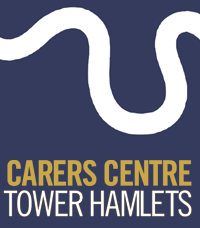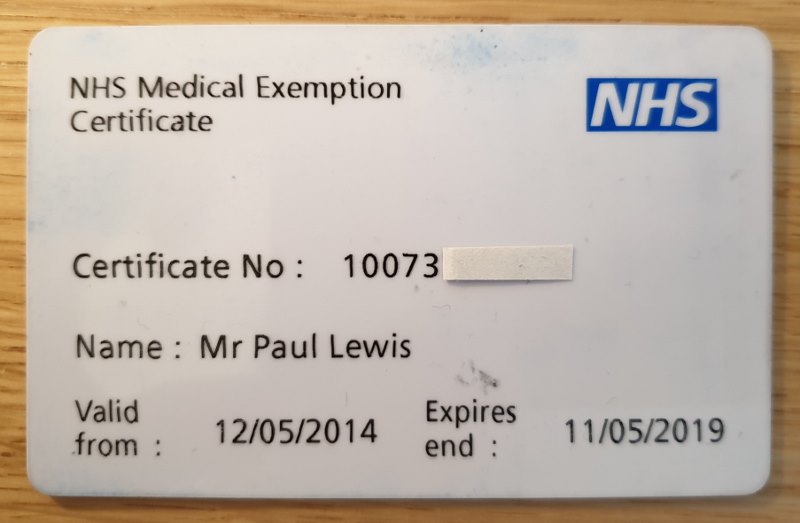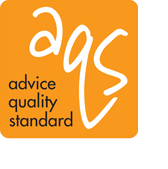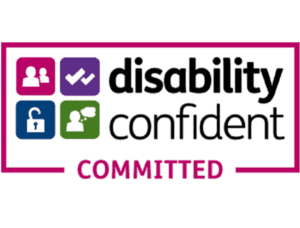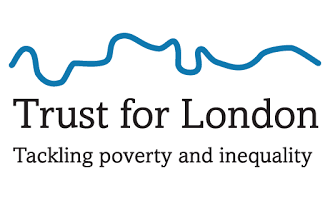Hello Everyone – Happy Star Wars Day

Today is Star Wars Day and May 4th be with you…
Some of you are probably thinking what is he on about now and some of you like me are Star Wars nerds and get my message today. So one of the things that I find helpful and positive is my love of films, collectables and my hobbies. I have a large collection of Star wars Lego as well as many others, I have Star Wars related art and believe it or not underpants LOL
It got me wondering what do you as carers collect or what are you hobbies that help you maintain better emotional wellbeing? I would love to hear from Carers about their hobby experiences and if you felt you wanted to share we could do a feature on this blog so email me tony@ccth.org.uk if you are interested in sharing .
Just a quick update about my caring role. As I mentioned last week Mum had been under lockdown in the nursing home and Dad had been in hospital. dad is out and doing well and we both went to visit Mum last Saturday at the home and had a wonderful reunion, plenty of lowers and chocolates were taken, we had fun and amazingly my Mum called me when I returned home to say what a great day she had and she loved me. My Mum calling is now a rare thing due to her confusion and deceasing ability to manage her fun, so it really was a special day.
Topping it all, my beautiful dog Albus came second in the most handsome dog at our village May day dog show so what a proud father I was

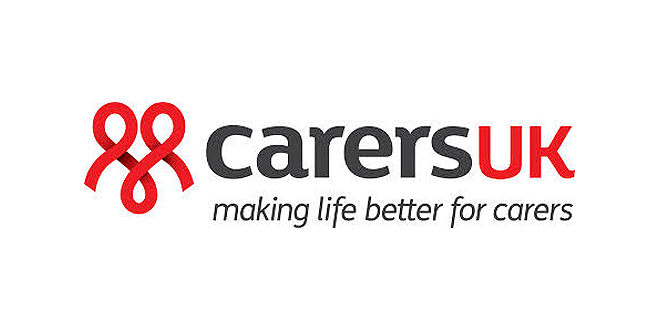
Update on Health and Care Bill and hospital discharge guidance
Last month we were delighted to share good news with you all regarding our Health and Care Bill campaign, and that we had welcomed an amendment to the Health and Care Bill which was passed in the Commons having been brought forward by the Government. This places a new duty on NHS hospital trusts in England to ensure that unpaid carers are involved as soon as feasible when plans for the patient’s discharge are being made. Please see more details here.
By way of update, the Bill has now been taken one step further on its way to becoming an Act of Parliament, as the Commons amendment brought forward by the Government has since been agreed in the Lords which means that the amendment has been firmly included into the Bill. Once the Bill has Royal Assent and becomes an Act, we will be waiting for implementation which we anticipate will be in July.
We also wanted to let you know that on 31 March, the Department for Health and Social Care published new Hospital discharge and community support guidance. You can access the new guidance here. This sets out how health and care systems should support the safe and timely discharge of people who no longer need to stay in hospital. Please note, this Guidance is likely to be finalised when the Bill becomes an Act.
Finally, we also wanted to let you know that we will be updating our resources with regard to hospital discharge, and will let you know when these are available.
If you have any questions about the new guidance, please do not hesitate to contact policy@carersuk.org.
Queen’s Speech
The Queen’s Speech heralds the legislation that is to come in the next parliamentary year and we never know what will be in it until it is delivered. This year, the Queen’s Speech is taking place on 10th May and we’ll be looking for the areas that might affect carers.
This would include legislative measures to take forward carers’ rights to Carer’s Leave and day one right to request flexible working. These are some of our key campaigning goals for carers and would make a difference to support carers to remain in work.
We’ll also be looking to see if there is a new Bill of Rights which would replace the Human Rights Act 1998 for England, Wales and Scotland and there are some concerns that human rights might be changed.
We will make sure to keep you updated on these issues following the Queen’s Speech.
New survey on caring for family members with dementia during COVID
Researchers at the University of Manchester have launched a new online survey for people who care for family and friends living with dementia at home, to better understand people’s caring experiences during the pandemic.
Please share the link to the survey with any carers in your networks for who this would be appropriate. They are interested in hearing from people if they live with the person they support, or live elsewhere.
The survey will take people about 30-45 minutes to complete, however you do not need to complete it in one sitting. It will remain open until 30 June 2022. You can access the survey here.
If you have any questions, please don’t hesitate to contact Dr Jayne Astbury, Research Associate at the University of Manchester (jayne.astbury@manchester.ac.uk).

Check out the https://ccth.org.uk/new/calendar/ The May 2022 timetable is now there as this will let you know our weekly activities’ and then email tony@ccth.org.uk for a place.
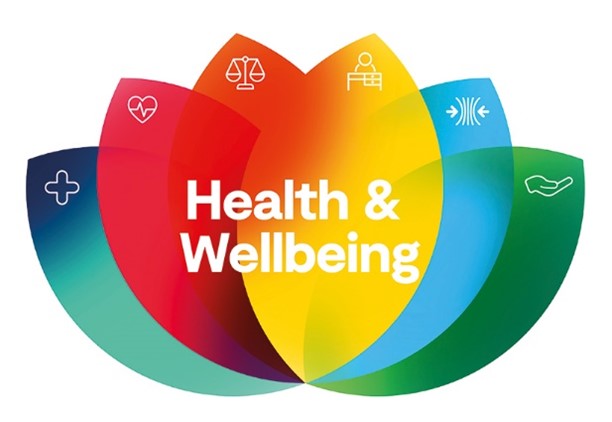
Bringing proof or identity to an appointment of when receiving medical treatments.
I wanted to highlight what you need to bring to your appointment to prove that you can have your treatment for free. Hospital appointments and treatment are free for people who are lawfully resident in the UK. All NHS trusts have a duty by law to establish, without discrimination, if a patient is entitled to free NHS care. Patients not entitled to free NHS care will have to pay. To establish your eligibility for free NHS treatment, please provide at least one document from lists A and B. Documents in list C can help us even more in this process. We reserve the right to request more documentation to establish eligibility.
If you are the parent or guardian of a child under 18 years of age, you need to provide evidence of your child’s entitlement to free NHS treatment. This could be proof of school enrolment or a birth certificate.
List of documents
A) At least 1 item that has your photo
Passport UK Biometric Residence Permit (BRP)/Visa
National ID card Evidence of EU Pre-settled/Settled status
with share code
B) At least one item to prove where you live:
(The proof you use must be less than 3 months old. Your name and address must be on the
letter.)
Water, gas, electric or Council Tax bill Rent/Mortgage/Tenancy agreement
Phone bill (landline only)
C) Any other personal documents that can help establish your eligibility:
European Health Insurance Card
(EHIC) – not issued in the UK
Provisional replacement certificate (PRC)
Wage slip or a P60 Letter or statement from HMRC or DWP
National Insurance or benefits letter Evidence of sickness insurance
A letter from your school or college
confirming you are attending a full-time or
part-time course of study (including
course duration and number of hours per
week of attendance)
Copy of any birth/marriage certificates
An IND and ARC (for patients claiming
asylum)
Any other Home Office issued documents
which are relevant to your application
This list is not exclusive, other documents can be considered where provided.
Medical Exemption Cards
With current backlogs it is advisable to make sure your Medical exertion Card is up to date and when renewing them apply in plenty of time. It could cost you and we do not want that.
Check the link below and make sure you are up to date
https://www.nhsbsa.nhs.uk/exemption-certificates/medical-exemption-certificates
The Carers Wellbeing Academy is looking to recruit a Support Worker
Do you want to be part of a team where you can support unpaid carers to better mental and physical wellbeing?
Do you have skills that can help a diverse community of carers to think about themselves, encourage them to get involved with a range of wellbeing activities such as exercise, Therapeutic treatments, counselling as well as creative activities?
Are you able to communicate with a broad range of people either written, verbally and face to face, and sometimes in a community language, are you able to keep excellent records, encourage participants to feedback their experiences and keep up to date records via our database?
Can you bring an ability to manage a variety of groups, make sure they have good attendance, encourage participants to attend on a regular basis and promote the activities to a variety of partner organisations?
We want you to uphold our policies and procedures, be part of our team and attend team meetings and contribute your thoughts, as well as be able to work flexibly both at the centre and in outreach settings.
You will be supported, line managed and supervised by the Carers Wellbeing Academy Manager and you can contribute to the direction and aims of the academy.
Please inform us if you need any reasonable adjustment when undertaking this recruitment process.
If this sounds like you then please click the link to apply and a Job Description and application form is available via the link
https://www.charityjob.co.uk/jobs/carers-wellbeing-academy-support-worker/825420?tsId=8
The job has gone live with a closing date of the 10th May 2022.


Check out a new free course that has just been launched that focuses on carer wellbeing. It is called ‘Physical activity for health and wellbeing in the caring role’ and has been kindly endorsed by the Carers Trust. The course is 6 hours in length and learners can achieve a ‘badge’ on completion of the end quiz, and this can be added on a CV to evidence their learning/continuous professional development. We hope that it will be helpful to those working with carers, including carer centre staff, those supporting carers less formally and importantly carers themselves!
A carers guide to home fire safety
A new video resource has been launched on the London Fire Brigade website to help carers learn how to keep people that receive care safe from fire.
Sadly, around one third of those here who die or are severely injured by fire are in receipt of some form of care or support. If you are a formal (domiciliary care worker, support worker or clinician) or informal carer (family member, friend or neighbour) and are caring for someone in their own home, this new resource will help you identify fire risks and show you what you can do to reduce them. There is also more information available on the website around fire safety and prevention.
Watch the video >

ELOP’s LGBT+ Groups
Join our fun, friendly and non-judgemental safe space to meet new people and discuss LGBT+ topics!
LGBT+ Over 50 Social Group
Every Monday 1.00 – 2.30pm, online
LGBT+ Social Support Group
Every Tuesday 7.00 – 8.30pm, online
Stonewall – https://www.stonewall.org.uk/
LONDON Friend – https://londonfriend.org.uk/
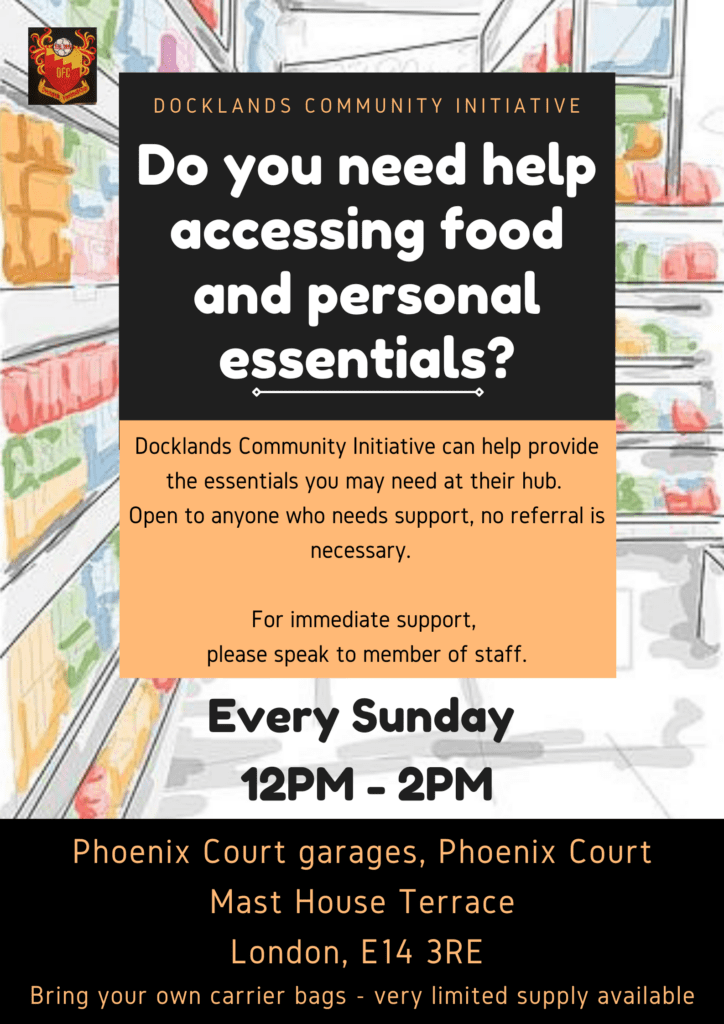
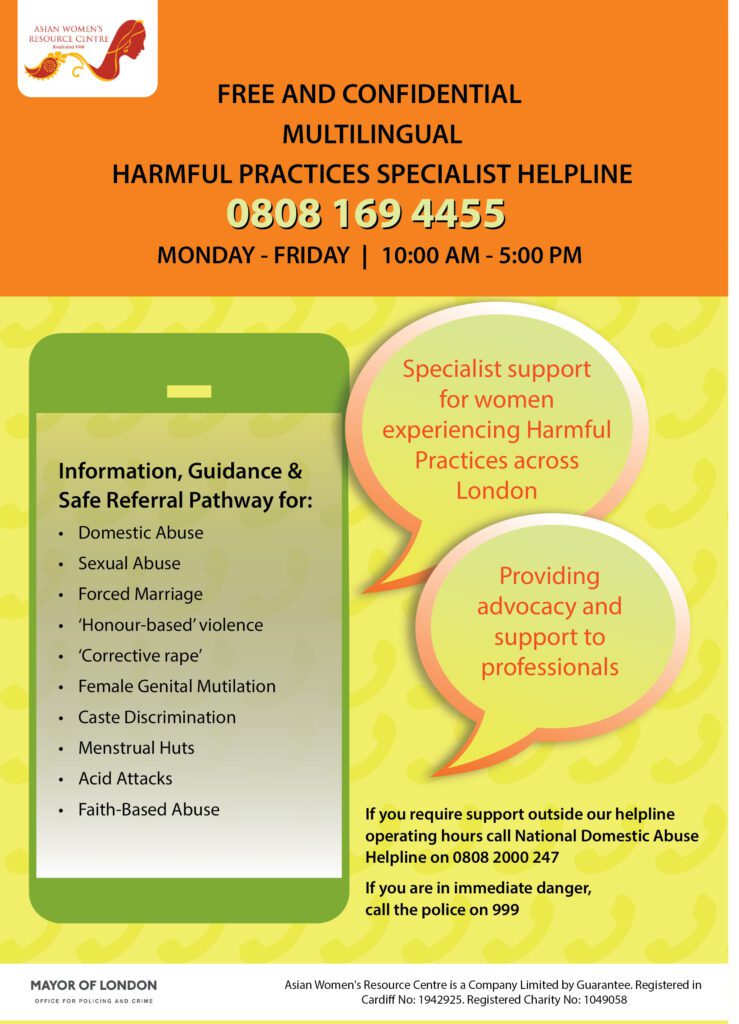
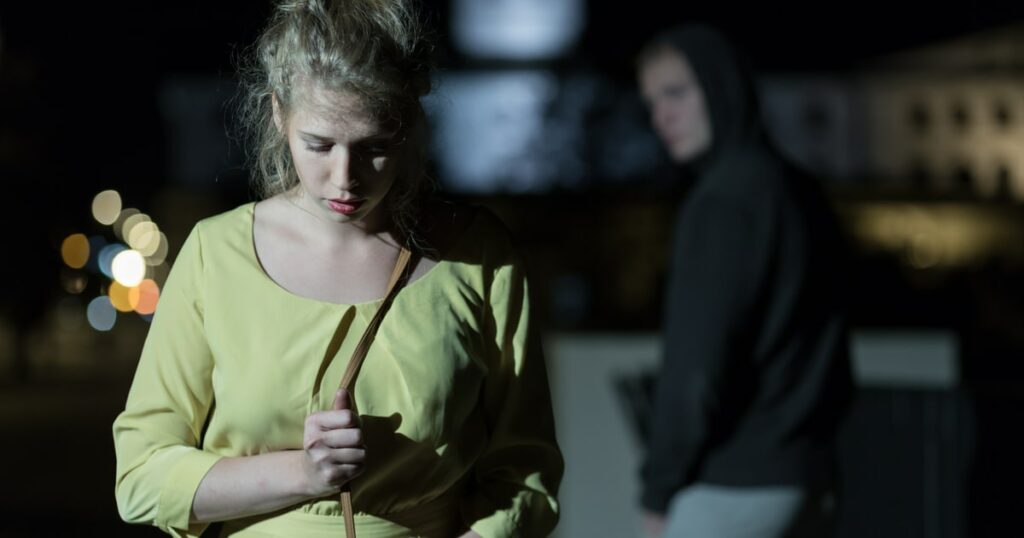
WALKING ALONE? REMEMBER THESE 10 TIPS
1) Plan Your Route
Make sure you plan your route ahead of time. If you are walking in an area you are not familiar with, this can help keep you from getting lost. You will be able to walk with confidence. If you do get lost, don’t wander aimlessly, find a gas station, supermarket, or fast-food restaurant where you can ask for directions.
2) Make Sure Someone Else Knows Your Plans
Don’t go out when it is dark without telling someone, even if you are just taking the dogs out for a walk around your neighbourhood or walking home from a friend’s house nearby. It may seem paranoid, but in fact, knowing someone knows where you are can be reassuring and help you feel safe. If you fall and hurt yourself or run into trouble, and someone knows where you are, they can send help if you don’t arrive at your destination on time.
3) Always Carry Your Phone with You
Always carry your phone, but not for music or to make social calls as your walk. Your phone can be a lifeline if you see something suspicious or worse if something happens to you. Download a safety app on your phone, so you’ll be able to discreetly alert the authorities if you feel threatened or see something suspicious.
4) Avoid Suspicious People and Areas
Areas that are dark, deserted, or out-of-the-way, such as an alley or a parking lot, can be riskier than a well-lit area full of people. Stick to busy, lighted paths, to minimize the risks. Also, walk mainly in familiar places where you are known. That way, if you feel like a suspicious person is following you, you can always duck into a store you know or knock on a neighbour’s door. Avoid empty streets and pathways with thick shrubbery.
5) Keep Your Hands Free
Except for a flashlight and one of the items discussed below, keep your hands free. If you are carrying anything, put it all in one bag or backpack. This will make it easier for you to react if you notice someone following you. In a dangerous situation, carrying too many bags can keep you from moving as quickly as you can if your hands are free or if you only have one bag.
6) Carry a Non-Violent Deterrent
In addition to a flashlight, carry a non-violent deterrent such as a whistle, mace, or pepper spray. A whistle will help you alert others and call them to aid you if something is wrong. The loud noise may put off attackers, and they’ll move on to find someone else. Mace or pepper spray can give you enough time to evade a potential attacker, and in a pinch, a flashlight can be used as a weapon. Make sure you know how to use the mace or pepper spray to get its full effect.
7) Wear Reflective Clothing to Prevent Accidents
When it comes to personal safety, it’s not just about suspicious people. Areas with low visibility can be prone to accidents. Reflective clothing allows bikers and cars to see you as you walk along. A flashlight or headlight can also help drivers see you if there are dark stretches of road on your route.
8) Take a Self-Defence Class
When fighting off something as an assault, the element of surprise can work in your favour. If you regularly walk alone, take a self-defence class. You don’t have to become a black belt. In fact, it’s probably better to learn something like Krav Maga, which has been popular for self-defence. The idea is to disable your attacker enough for you to get to safety, and a class focused on self-defence will help give you those survival skills.
9) Remove Any Distractions
Keep your phone in your hand in case you need to hit the panic button on your safety app, but don’t let it distract you. When walking alone at night for exercise, music can be motivating and energizing but also distracting. You may not hear someone driving or walking up behind you. Avoid wearing headphones or talking on your phone as you walk.
10) Trust Your Gut
When walking alone at night, trust your gut. If you feel like an area or situation may be dangerous, don’t wait around to find out. Stop and scan your surroundings if you think someone is following you. If you are being followed, walk as quickly as you can to a well-lit public place. You can wait until you feel safe, or call a friend, a taxi, or an Uber to help you get safely get home at night.
Following these personal safety tips will help keep you stay safe when walking alone. Always be aware of where you are and alert to suspicious activity.

Important Numbers:
Domestic Violence Duty Line: 020 7364 4986 between 9am – 5pm.Victim Support: 020 7364 2448/7957
Just wishing everyone a peaceful, safe and week and remember if you need information and advice from the Carers Centre just email enquiries@ccth.org.uk
Tony Collins-Moore
Carers Wellbeing Academy Manager

Opening hours
Monday - Friday – 9.30am – 5pm
Saturday and Sunday – Closed
